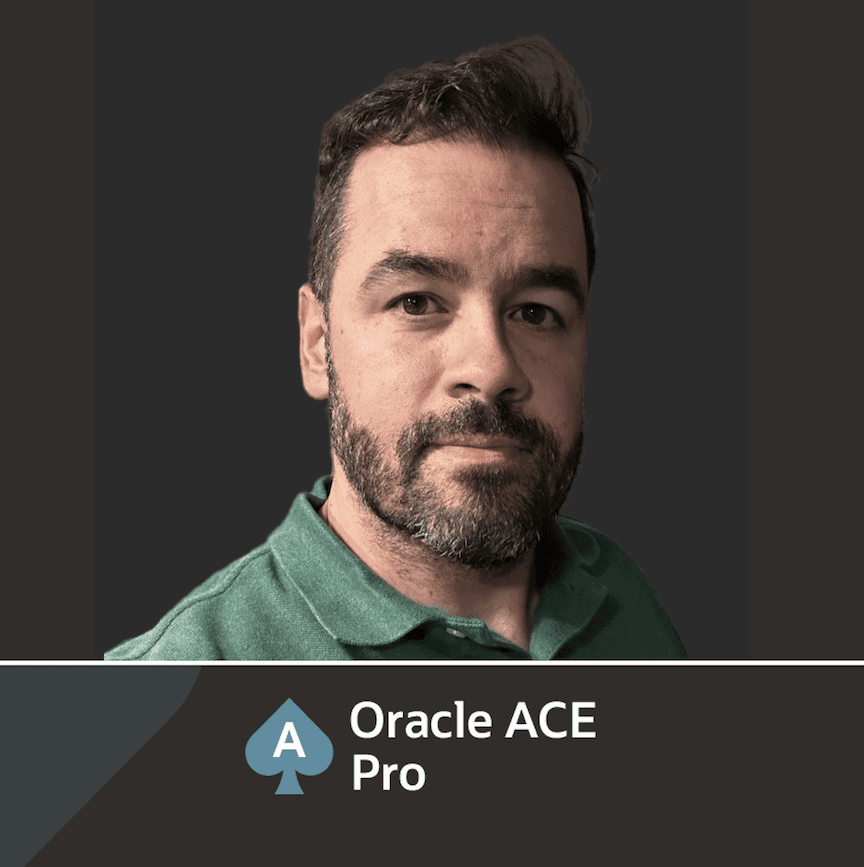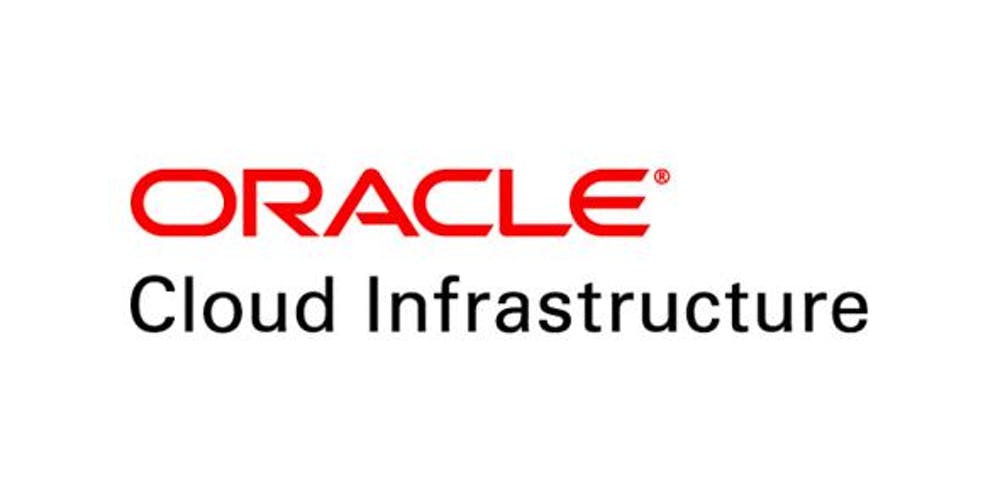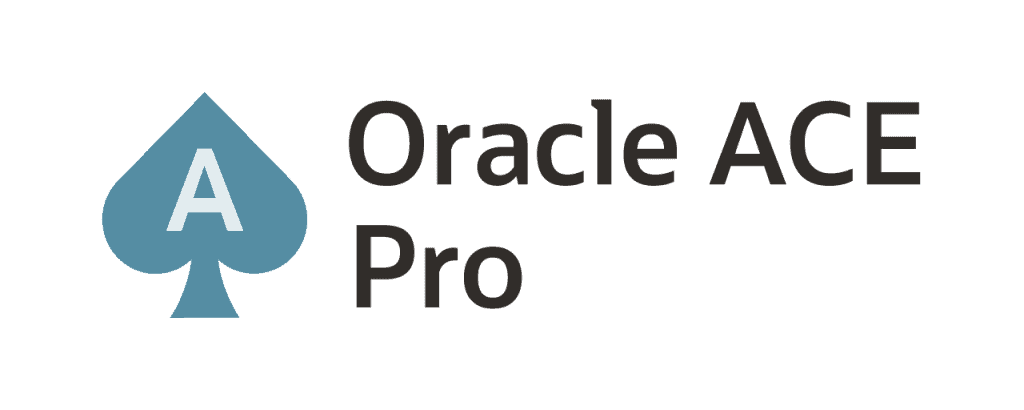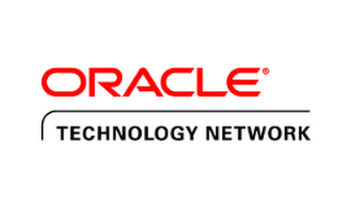Hey all!
Hope that you are OK!
This is the fourth post of OCI. You can see the another published posts:
Oracle Cloud Infrastructure – Post 1 – Creating an OCI Account
Oracle Cloud Infrastructure – Post 2 – Key Concepts
Oracle Cloud Infrastructure – Post 3 – Compartment and VCN
In this post we will discuss about the DB Systems concepts in OCI:
In OCI we have 5 database offers:
- Bare Metal DB System;
- VM DB System;
- Exadata DB System: Exadata Cloud Service;
- Autonomous Data Warehouse;
- Autonomous Transaction Processing.
Basically, there are two licensing types:
- License Included: you will use the license included in your Cloud account;
- Bring Your Own License: you can use in Cloud the license that you already are using on your On-Premises environment.
You can check the price in a table (verify here), but, the price may vary depending the agreement that you have with Oracle. If you are planning to use your existing license in Cloud (BYOL), you should contact your Oracle sales representative.
The following Oracle Database Editions are supported in Cloud:
- Standard Edition;
- Enterprise Edition;
- Enterprise Edition High Performance;
- Enterprise Edition Extreme Performance.
Let’s check the difference between them:
- Standard Edition:
- All the available features for Oracle Database Standard Edition 2;
- Full database instance of Oracle;
- Up to 24 CPU’s;
- Transparent Data Encryption (TDE): all databases as a service in Cloud have TDE enable since all user data should be encrypted on-rest;
- Enterprise Edition:
- Includes Oracle Database Enterprise Edition plus:
- Data Masking and Subsetting Pack;
- Diagnostic and Tuning Pack;
- Real Application Testing;
- Transparent Data Encryption.
- Enterprise Edition High Performance:
- All the features from Enterprise Edition plus:
- Multitenant;
- Partitioning;
- Advanced Compression;
- Advanced Security;
- Label Security;
- Database Vault;
- OLAP;
- Advanced Analytics;
- Database Lifecycle Management Pack;
- Cloud Management Pack for Oracle Database;
- Transparent Data Encryption.
- Enterprise Edition Extreme Performance:
- All the features from Enterprise Edition High Performance plus:
- In-Memory;
- Active DataGuard;
- Real Application Clusters (RAC).
Database Versions supported in Cloud:
- Oracle Database 11g Release 2 (11.2.0.4);
- Oracle Database 12c Release 1 (12.1.0.2);
- Oracle Database 12c Release 2 (12.2.0.1);
- Oracle Database 18c;
- Oracle Database 19c.
For DB Systems (except Autonomous), the features are:
- Bare Metal:
- Number of database instances: multiple;
- Storage type: NVMe locally attached;
- Scaling: CPU;
- Backups: Automatics (incremental) as well as On Demand (Full);
- Disaster Recovery (DR): DataGuard
- High-Availability (HA): Cross AD DataGuard. RAC is still not allowed;
- Versions: 11.2, 12.1, 12.2 and 18c;
- Patching: user controlled;
- Licensing: License Included or BYOL.
- Virtual Machine:
- Number of database instances: one (only one CDB allowed – but you can create multiple PDBs);
- Storage type: block storage iscsi;
- Scaling: storage;
- Backups: Automatics (incremental) as well as On Demand (Full);
- Disaster Recovery (DR): DataGuard
- High-Availability (HA): RAC 2-nodes;
- Versions: 11.2, 12.1, 12.2, 18c and 19c;
- Patching: user controlled;
- Licensing: License Included or BYOL.
- Exadata:
- Number of database instances: multiple;
- Storage type: Exadata;
- Scaling: CPU;
- Backups: Automatics (incremental) as well as On Demand (Full);
- Disaster Recovery (DR): DataGuard
- High-Availability (HA): Up to RAC 8-nodes;
- Versions: 11.2, 12.1, 12.2, 18c and 19c;
- Patching: user controlled;
- Licensing: License Included or BYOL.
Two options for network setup
- Public Subnet: useful for proof-of-concept or development work or some service that run only on a public network and need to access database. This DB System will be reachable from the Internet;
- Private Subnet: recommended for a production system. Cannot be reachable from the Internet.
All set! In the next post we will create more resources in OCI.
You can read more about Database on OCI here:
Overview of the Database Service
Peace!
![]() Vinicius
Vinicius
Related posts
About

Disclaimer
My postings reflect my own views and do not necessarily represent the views of my employer, Accenture.



